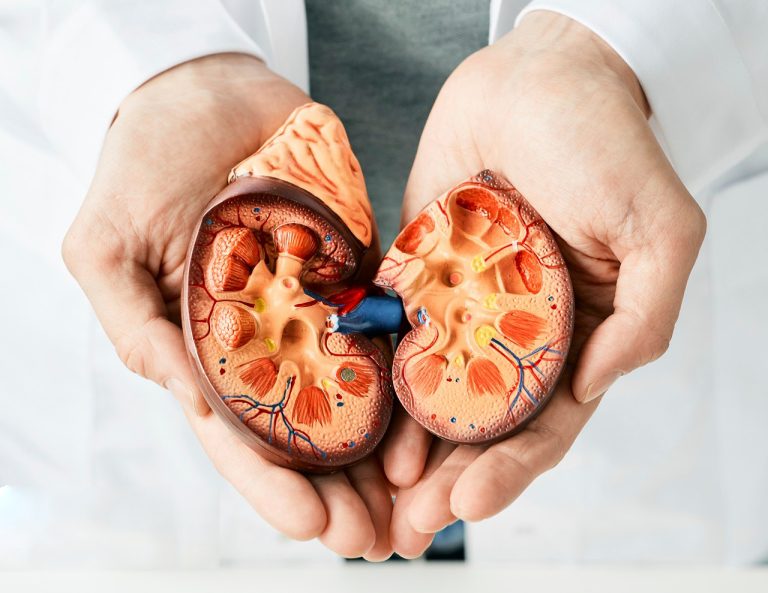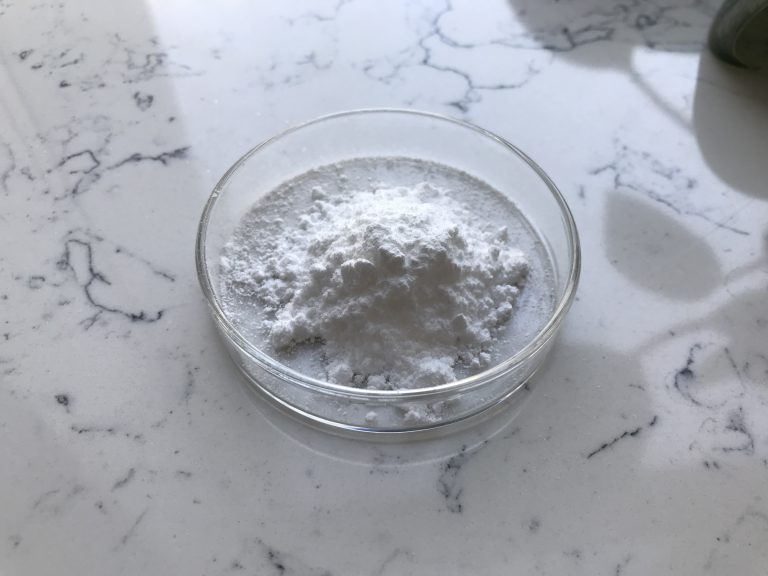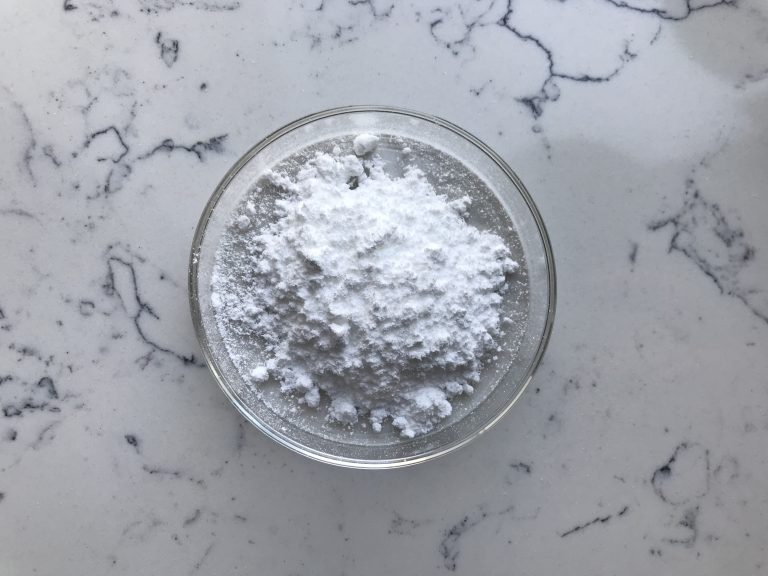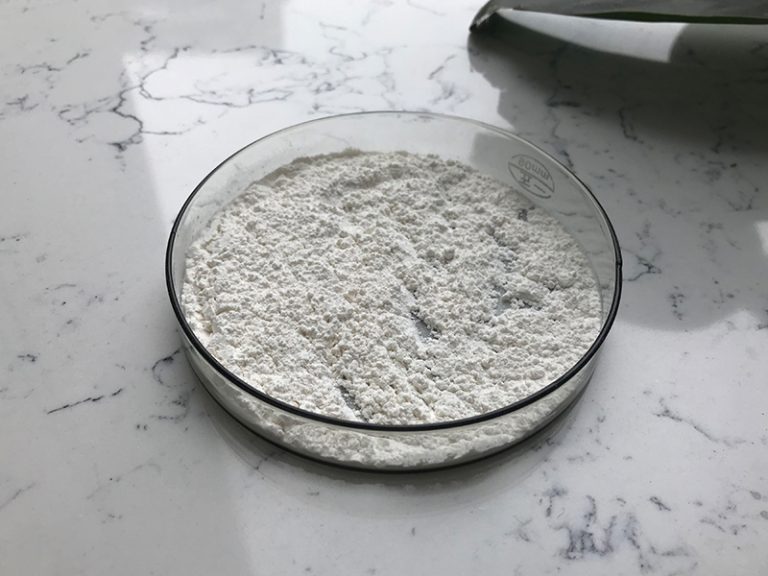
Effectiveness, Side Effects, and Special Precautions of L-Arginine
L-Arginine is a semi-essential amino acid that is often taken as a supplement for various health benefits, particularly for improving circulation, enhancing exercise performance, and supporting cardiovascular health. Here’s an overview of its effectiveness, potential side effects, and special precautions:…









